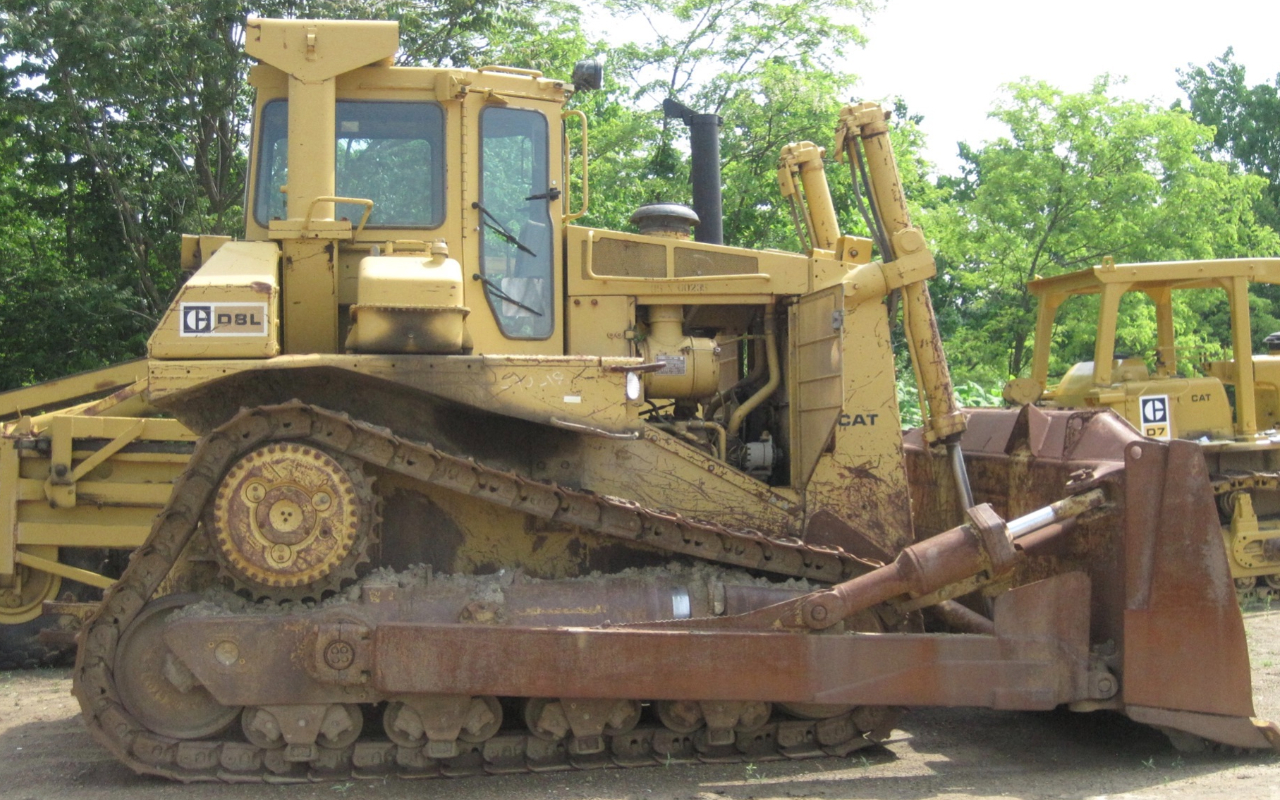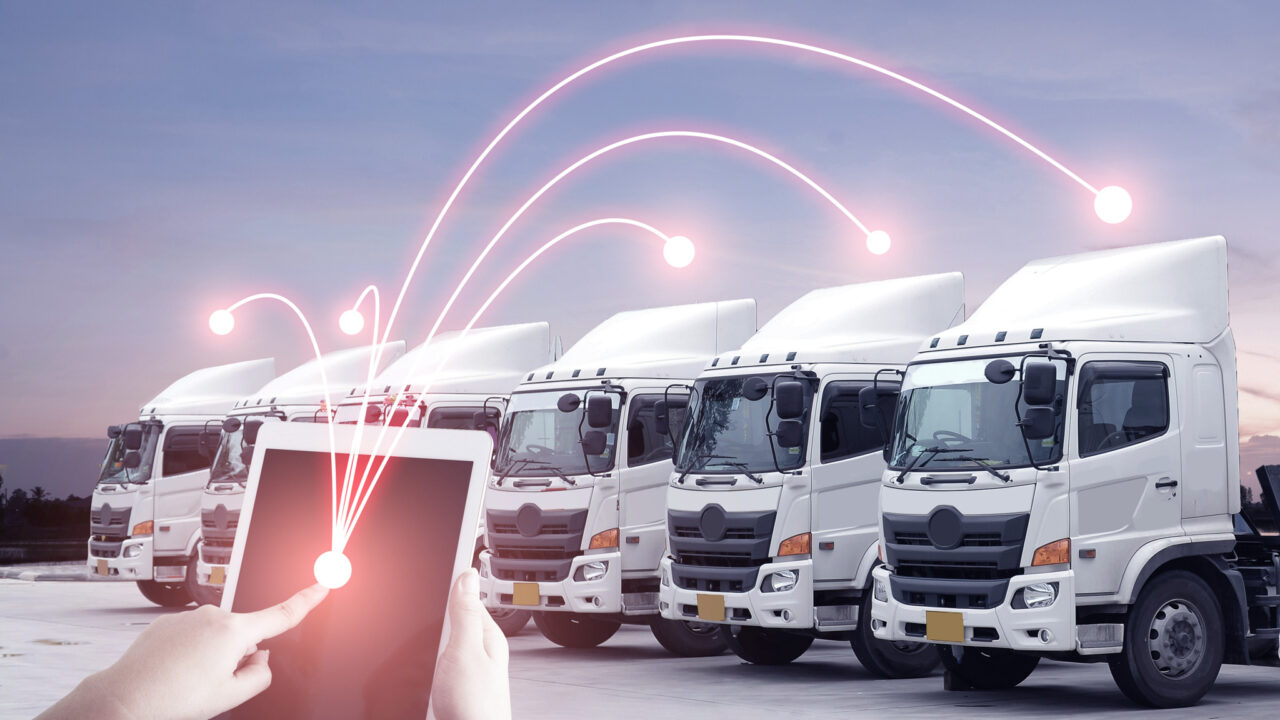The usable life of a crane is not one that’s thought about too often, but specialized equipment like cranes can be around for decades. The lifespan of equipment must be considered when evaluating purchasing decisions and setting sustainability targets—especially targets for the next decade.
While the idea of electrification has been emerging around the world, oftentimes it’s neither a cost-effective or technically feasible solution for heavy duty machinery like construction equipment. The reasons for this are threefold: Modifications, if available, can be costly, charge times are immense and productivity times decrease drastically. In some cases, the electrified equivalent may require two machines to perform the same tasks that a single diesel unit can accomplish. Liquid fuel-based alternatives continue to be the best option for achieving reduced carbon emissions in diesel vehicles and machinery, and using 100% biodiesel in equipment is the most sustainable solution around.
One-hundred percent biodiesel (or B100) is a near-zero carbon fuel that is readily available today. Its raw materials consist of used cooking oil, waste animal fats and plant byproducts. Compared to petroleum fuel, biodiesel reduces carbon emissions by 95% and decreases particulate matter by 50% or more. Biodiesel can even provide lower carbon emissions when compared to an equivalent electric machine as well due to the fact that the vast majority of electricity in the United States is still generated by fossil fuels. Biodiesel is a domestically produced alternative fuel that is making transportation and heavy equipment operations more sustainable today.
With credits and incentives that are offered, biodiesel is cost-competitive and in some regions can be a lower cost option than traditional diesel. When considering the price of carbon and the fact that the price of diesel is expected to continue to rise, biodiesel is an easy choice. Biodiesel has benefits for engines too. Since many heavy duty construction vehicles don’t have diesel particulate filters, soot emissions can be an issue. Biodiesel emits 50% less soot particles, allowing for dramatically improved localized air quality. Additionally, biodiesel provides benefits for equipment with soot filters as its soot particles oxidize more aggressively resulting in less filter regenerations. It also provides increased lubricity compared to petroleum diesel, resulting in less wear and tear on engine components.
At a time when the federal narrative is divided, biodiesel allows for solutions that combat climate change while simultaneously revitalizing our infrastructure. Look around in any city or town everything is being built or renovated, there is construction on every highway and the current stock of machinery performing those tasks is emitting a significant amount of toxic emissions.
B100 is a sustainable option that leverages existing equipment while delivering the environmental and economic benefits of biodiesel. Being able to easily upgrade existing specialized machinery to run on 100% biodiesel lengthens the relevant equipment lifespan and qualifies it to meet sustainability targets. Municipalities and private corporations are setting quantifiable reduction targets to be met; when these targets measure Scope 3 emissions, contractors and suppliers become incorporated into those targets. By implementing immediate solutions that provide long-term benefits, such as embracing low-carbon fuels, construction companies can become more competitive on bids by showcasing their emissions reduction achievements.
Purchasing new equipment for the sake of sustainability can be costly and in its own right counterproductive and wasteful; finding adaptive solutions for existing equipment fulfills criteria. The technology for electrification is not yet commercially viable to deploy on the scale needed to achieve significant carbon reductions in the construction sector in the coming decades. In addition, battery capacity and long charging times cannot meet the demands of the duty-cycle necessary to power large vehicles and heavy-duty machinery efficiently. Diesel technology is essential for these functions, and using 100% biodiesel allows for the continued use of the core engine technology and existing fueling infrastructure, while leveraging the carbon savings of a more sustainable fuel.
Systems that enable use of 100% biodiesel can be installed on any machine with a diesel engine ranging from cranes to scrapers or front loaders. Using sustainable fuels can help to combat some of the negative ecological effects of the construction industry and it is healthier for the operators of that equipment and the local community, as a recent study by Trinity Consultants has shown. Switching to 100% biodiesel provides a 45% reduction in cancer risk when used in heavy-duty vehicles, and can save nearly $3 billion on health and medical costs annually.
The incorporation of low-carbon fuels is becoming essential for the operation of diesel machinery, enables companies to meet ever increasing sustainability targets, and can be done immediately. Biodiesel is better for workers, better for the environment and better for the bottom line.





